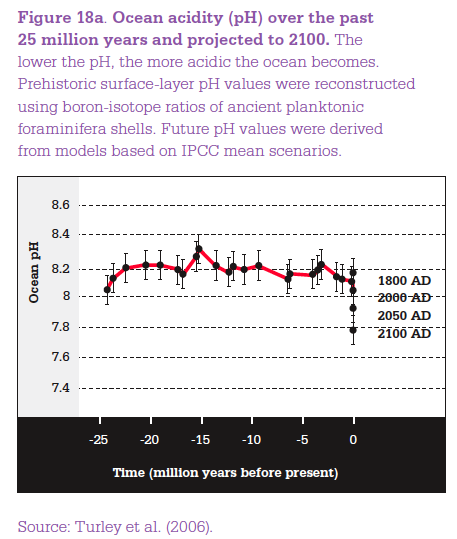- Thread starter
- #41
(Reuters) - Global emissions of carbon dioxide hit their highest level ever in 2010, with the growth driven mainly by booming coal-reliant emerging economies, the International Energy Agency's chief economist said on Monday.
Fatih Birol warned that carbon dioxide emissions were coming close to a target set by the 190-nation Cancun climate talks last year to limit global warming to less than 2 degrees Celsius above pre-industrial times.
CO2 emissions rose by 5.9 percent to 30.6 billion tonnes in 2010, Birol said, citing IEA estimates,
IEA sees record CO2 emissions in 2010 | Reuters
Fatih Birol warned that carbon dioxide emissions were coming close to a target set by the 190-nation Cancun climate talks last year to limit global warming to less than 2 degrees Celsius above pre-industrial times.
CO2 emissions rose by 5.9 percent to 30.6 billion tonnes in 2010, Birol said, citing IEA estimates,
IEA sees record CO2 emissions in 2010 | Reuters


